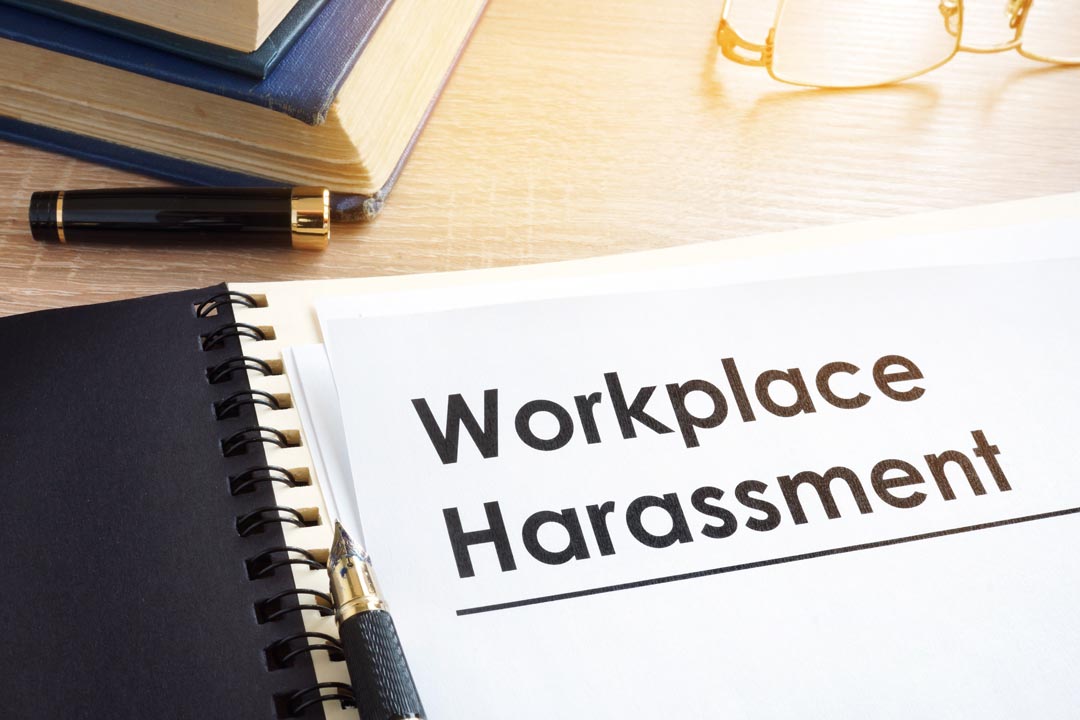Adrian Lewis looks at how organisations can tackle loneliness at work
Loneliness is a growing concern in the UK, affecting people of all ages and demographics. While it is commonly associated with older adults, recent studies have shown that younger generations are struggling with feelings of isolation and disconnection. In fact, a Glassdoor study found that 58% of employees with less than five years of work experience feel lonely ‘all or most of the time’, while 28% of all ages believe companies are more anti-social now than before the pandemic.
The Campaign to End Loneliness has also reported that young adults in the UK are reporting higher levels of loneliness. Its analysis of data from the Office for National Statistics shows that those aged between 16-29 are over two times as likely to report feeling lonely ‘often or always’ than those over 70. Those aged between 30-49 are close behind at 8.2%. Chronic levels of loneliness have continued to remain high since the pandemic, with 8% of people reporting feeling lonely often/always from November 2022 to February 2023, equivalent to an estimated 3.7 million people.
It is crucial for business leaders to address the issue of loneliness and take measures to ensure that it does not lead to more serious mental health problems. Failure to do so could result in increased absenteeism, lost productivity, and poor retention rates. Companies can take several steps to help employees combat loneliness, including providing opportunities for social interaction, promoting a healthy work-life balance, and offering access to mental health support.
Give managers an opportunity to have a conversation in a safe space with that member of staff about their wellbeing
The Covid-19 legacy
The COVID-19 pandemic has had a profound impact on our lives, and one of the most significant legacies is the growing awareness of mental wellbeing amongst employers. The pandemic has highlighted the need for businesses to prioritise mental health support for their employees. A recent poll conducted by Acas found that a third of firms have improved mental health support during the pandemic.
The shift towards remote working, forced upon many employees, led to some feeling lonely and isolated which can have a negative impact on mental health. Research from the World Health Organisation shows that loneliness is associated with an increased risk of mental health problems such as depression, anxiety, low self-esteem, sleep problems, and increased stress. Preventing loneliness from reaching this stage must be a priority for businesses.
The changing work environment is another legacy of the pandemic. With more workplaces offering flexible and hybrid working arrangements, some firms haven’t fully embraced this new way of working in terms of creating a sociable work environment for people to feel part of a team. Companies need to look at how they can bring people back together again socially, no matter where they are working. This is especially important for younger workers who are often lonely, and some may have never even met their work colleagues if recruited remotely, leading to poor mental wellbeing.
There are many ways to prevent loneliness and improve mental wellbeing in the workplace.
Encourage in-office days
Getting people back into the office can help them feel less isolated. Although some workers have put up resistance to returning to the office, a recent BBC article suggests a growing group of workers are quietly changing their minds about returning to their desks, citing the “camaraderie”, “social interaction” and “feeling part of a collective” as some of the benefits. One way to do this is plan a monthly in-person team meeting that everyone must attend or designating a couple of days where people must be in the office every week. A team lunch or evening drinks could be tagged onto this to boost social engagement between colleagues.
Increase social events
Employers could be doing more to involve teams in regular social events, both virtually and in-person. Virtual coffee breaks or Friday drinks every week for instance offer the opportunity for people to chat with colleagues about something other than work and can involve people no matter where they are based. It is also a good idea to do an in-person social activity a few times a year. So, as well as a Christmas party, consider a summer event such as a picnic or attending an outdoor concert or play, and maybe something at Easter too.
Track sick leave
Identifying if someone is lonely or has some mental health concerns is much more difficult if people are working in different places. They will be less visible to managers and colleagues who can often pick up on the signs if they see them regularly. Investing in cloud-based HR technology such as absence management software can enable them to spot patterns of behaviour which could indicate someone is struggling. This tech can be used by everyone across the firm no matter where they work. Someone who is lonely could feel disengaged from work or have other symptoms such as low mood or depression. This may manifest itself in them taking more time off work or regularly having a Monday off and lacking motivation after the weekend. Firms that can track sick leave can see if someone is taking a lot of leave and take steps to intervene.
Always do return to work interviews
Absence management software always prompts return to work interviews too which give managers an opportunity to have a conversation in a safe space with that member of staff about their wellbeing. This may reveal issues which can be addressed, and support given if needed. Without this insight symptoms are often overlooked especially if people are working remotely, which can lead to more serious problems in the long run, or people even leaving the company.
Put mental health support in place
Finally, putting mental health support in place to help people whose loneliness has escalated into a more serious mental health condition is important. For example, firms may have access to an EAP that offers mental health counselling, or they could invest in a low-cost mental health app that helps employers manage their mental wellbeing. In addition, ensuring training managers and first aiders know how to spot the signs of mental health issues and where to refer people for support is also a good idea.
Adrian Lewis is director at Activ People HR




